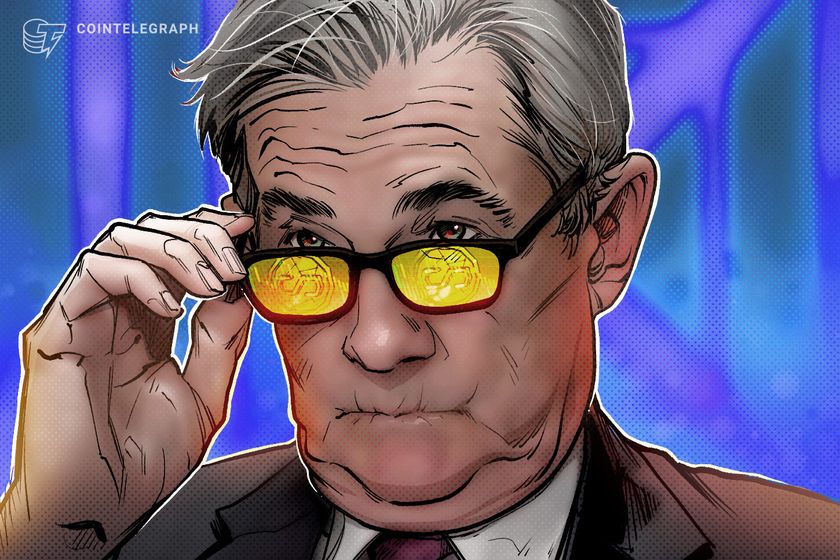

Senator Tim Scott, the chairman of the US Senate Committee on Banking, Housing, and Urban Affairs, recently said that he expects a crypto market bill to be passed into law by August 2025.
The chairman also noted the Senate Banking Committee’s advancement of the GENIUS Act, a comprehensive stablecoin regulatory bill, in March 2025, as evidence that the committee prioritizes crypto policy. In a statement to Fox News, Scott said:
“We must innovate before we regulate — allowing innovation in the digital asset space to happen here at home is critical to American economic dominance across the globe.”
Scott’s timeline for a crypto market structure bill lines up with expectations from Kristin Smith, CEO of the crypto industry advocacy group Blockchain Association, of market structure and stablecoin legislation being passed into law by August.
The Trump administration has emphasized that comprehensive crypto regulations are central to its plans for protecting the value of the US dollar and establishing the country as a global leader in digital assets by attracting investment into US-based crypto firms.
Senator Tim Scott highlights the Senate Banking Committee’s goals and accomplishments in 2025. Source: Fox News
Related: Atkins becomes next SEC chair: What’s next for the crypto industry
Support for comprehensive crypto regulations is bipartisan
US lawmakers and officials expect clear crypto policies to be established and signed into law sometime in 2025 with bipartisan support from Congress.
Speaking at the Digital Assets Summit in New York City, on March 18, Democrat Representative Ro Khanna said he expects both the market structure and stablecoin bills to pass this year.
The Democrat lawmaker added that there are about 70-80 other representatives in the party who understand the importance of passing clear digital asset regulations in the United States.
Treasury Secretary Scott Bessent, pictured left, President Donald Trump in the center, and crypto czar David Sacks, pictured right, at the White House Crypto Summit. Source: The White House
Khanna emphasized that fellow Democrats support dollar-pegged stablecoins due to the role of dollar tokens in expanding demand for the US dollar worldwide through the internet.
Bo Hines, the executive director of the President’s Council of Advisers on Digital Assets, also spoke at the conference and predicted that stablecoin legislation would be passed into law within 60 days.
Hines highlighted that establishing US dominance in the digital asset space is a goal with widespread bipartisan support in Washington DC.
Magazine: How crypto laws are changing across the world in 2025



